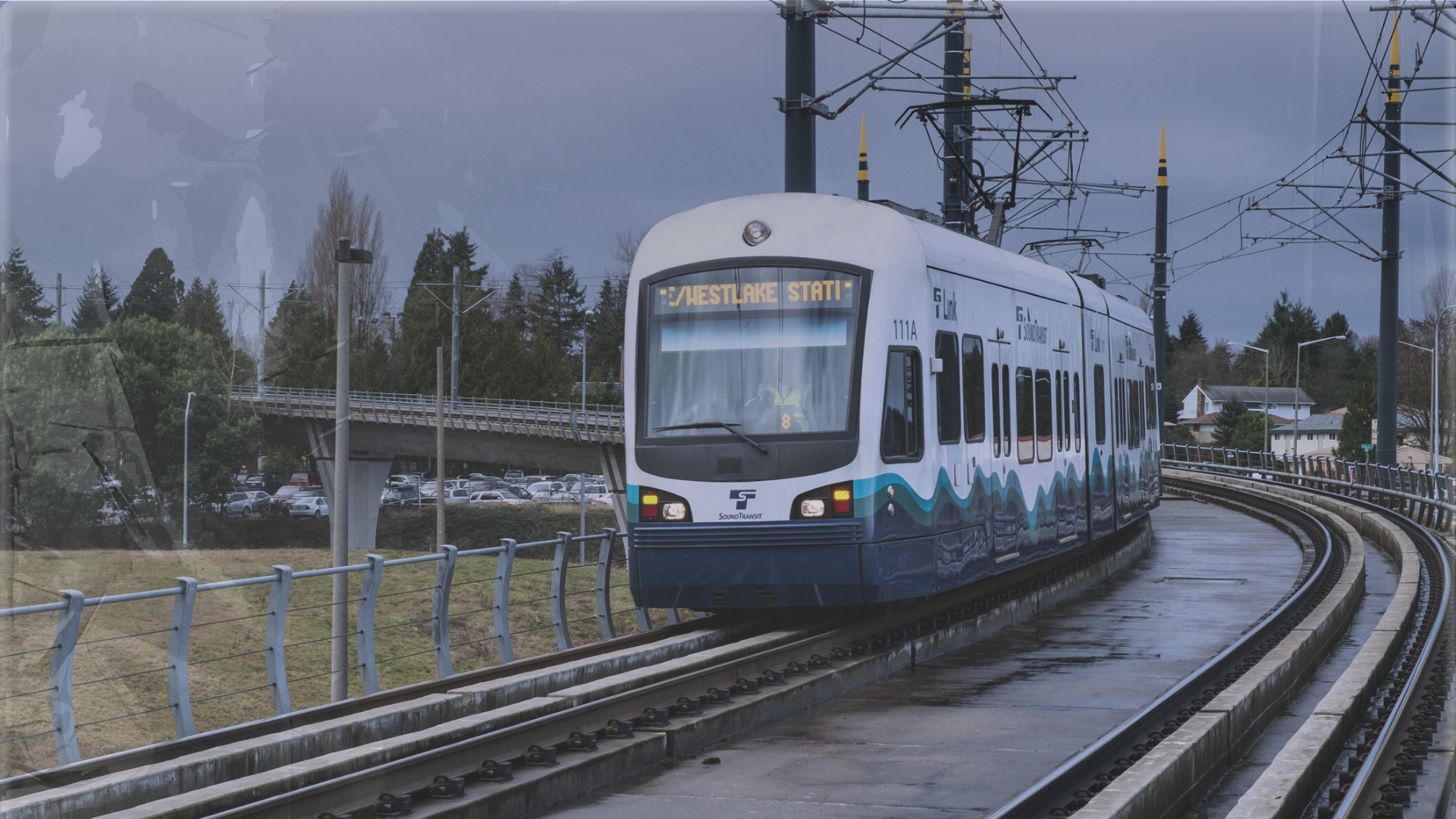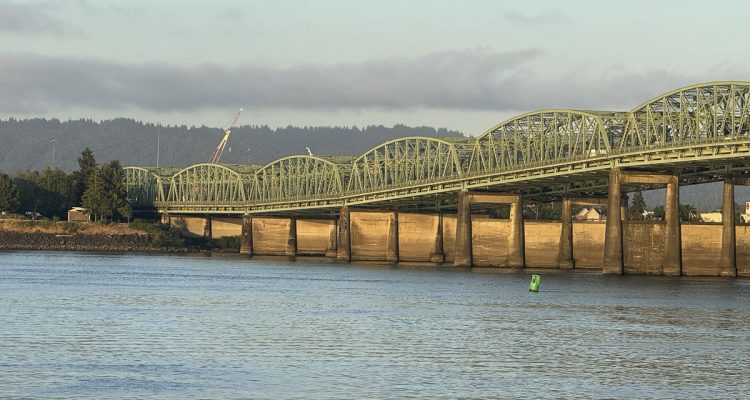The Seattle Times reported last week that Lynnwood Link, a Sound Transit 2 project, “is running $500 million over budget and is expected to be finished six months late, in mid-2024.” This is an enormous amount of money for most people, but to put it in perspective, represents less than 1% of Sound Transit’s $54 billion Sound Transit 3 tax package.
In its final environmental impact statement in April 2015, Sound Transit said their preferred alternative for Lynnwood Link would “have total capital costs of $1.5 to $1.7 billion.” At a current estimated cost of $2.9 billion, including the new $500 million overrun, this appears to put the project at a near 100% cumulative cost overrun.
Unfortunately for taxpayers, the agency has a long history of making big promises, securing taxing authority, and having those promises fall apart after getting voter approval. Sound Transit officials reject this assessment of their performance, insisting that the age of cost overruns is over:
"A new administration came in and got things on track and we've been delivering projects on schedule and within budget ever since," said Sound Transit spokesman Geoff Patrick. Patrick said cost estimating grew much more rigorous with the Sound Transit 2 ballot measure in 2008, which is now halfway through its 15-year cycle and about 3 percent under budget.” – Sound Transit to KIRO 7, August 2016
“I think the right way to judge what our performance is likely to be on Sound Transit 3 is what has our performance been on these recent projects, where we delivered U-Link ahead of schedule and under budget,” Rogoff said. “No one is looking to re-experience 1999 with ST3 dollars.” – Sound Transit to The Seattle Times, August 2016
When challenged on timeliness and staying within budget constraints, Sound Transit officials like to use University Link as an example of their ability to be on time and on budget. However, their claims are misleading. The rail service was promised to be open to voters in 2006, not 2016. Changing a deadline because of a failure to meet it does not make an agency less late.
Additionally, the NE 45th Street Station beyond the U-Link terminus, an unfinished project promised to voters in Sound Move, has been delayed 15 years to 2021.
In retrospect, the most striking assertions of punctuality - especially with regard to University Link - are those that came during the 2017 legislative session when Sound Transit officials defended their desire to remain an appointed and insulated board. The reason this is striking is because Sound Transit officials appeared to have known as early as January 2017 - eight months ago - that Lynnwood Link was in trouble.
In a January 2017 Link progress report, Sound Transit stated the following:
“The schedule is at high risk; delays to permitting, right-of-way acquisition, or final design completion could push the anticipated revenue service date into 2024.”
In the same report, Sound Transit affirms that it is their “responsibility for continuously monitoring project status and associated risks, taking mitigation actions for known risks identified on the risk register, and effectively responding in a timely manner to those risks that pose a significant impact to the project cost or schedule forecast.”
When challenged in committee this last session about their ability to be on time and on budget, Sound Transit officials again leaned on their faulty narrative for University Link as a case in point.
We will continue to monitor this project and how Sound Transit officials choose to deal with the cost overrun in the coming months.
You can read The Seattle Times article here.





